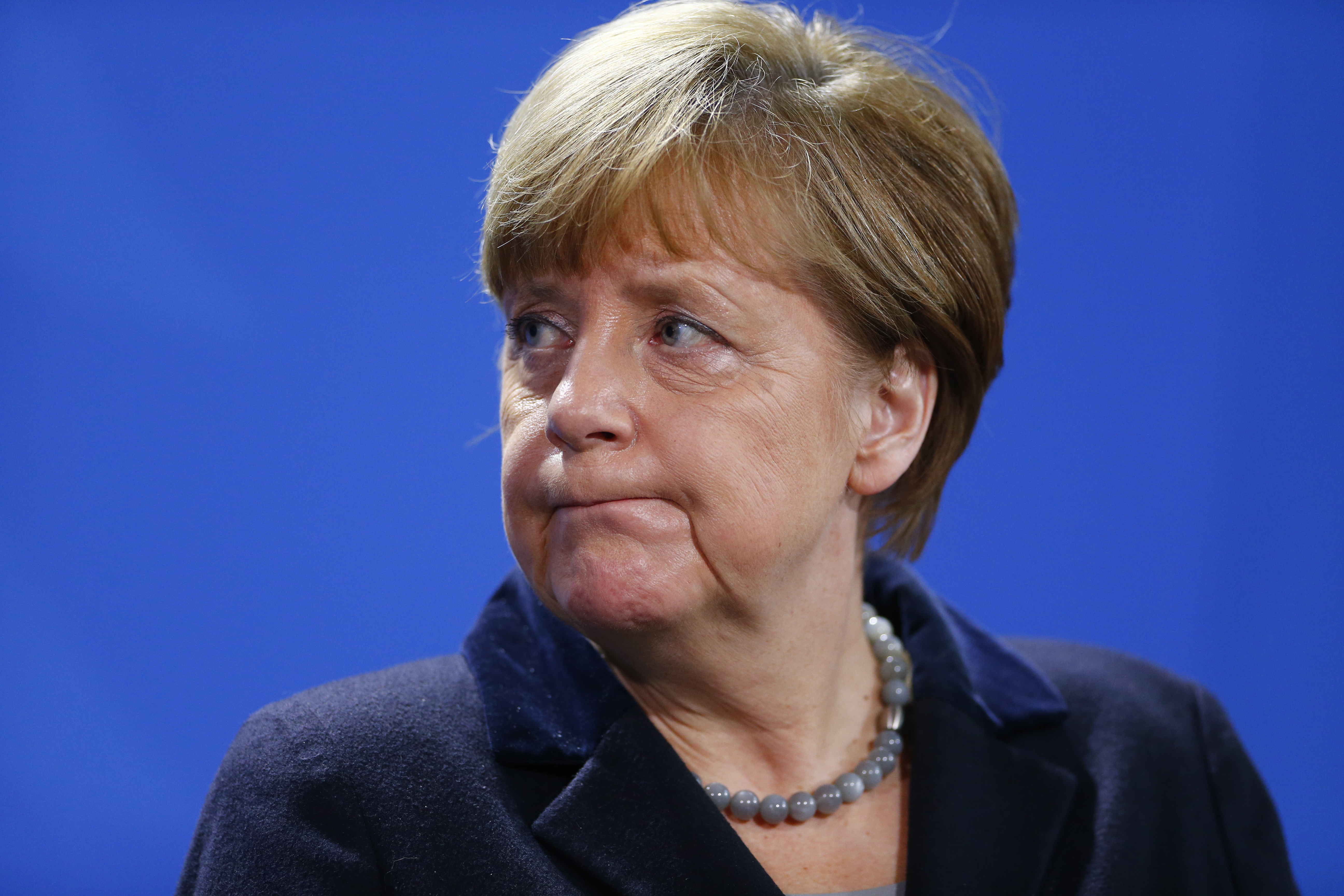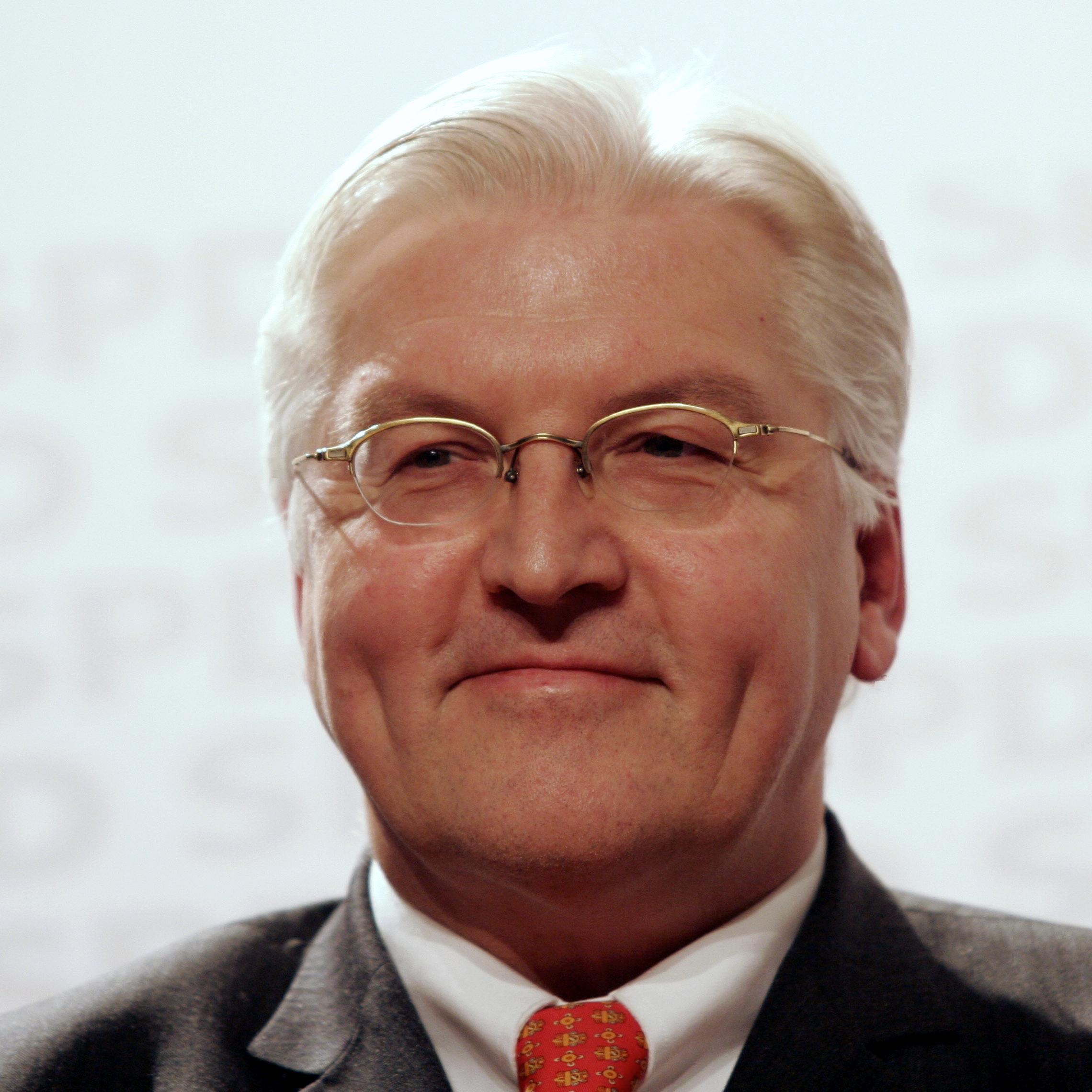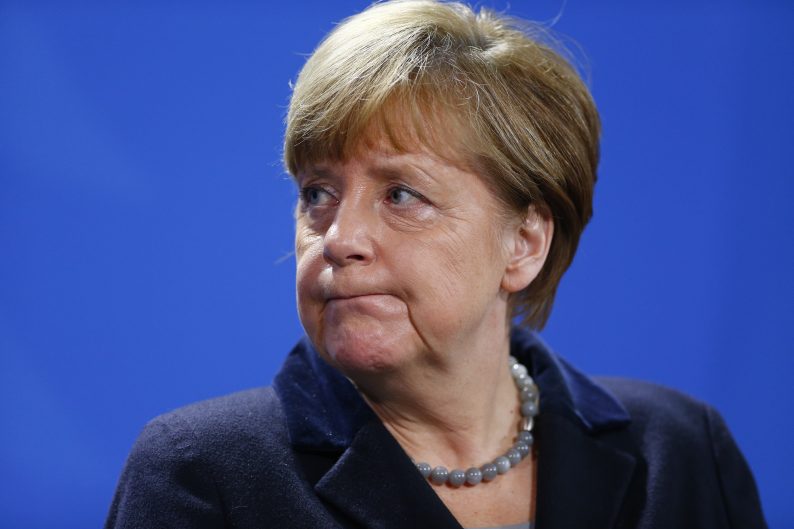
German Chancellor Angela Merkel faced a crisis when coalition talks broke down on November 19th. Germany could have endured months of political uncertainty, and it suddenly became possible that Merkel would be forced to resign. The German public and the world awoke to find that the continuation of Germany’s solid, centrist government was threatened. Germany’s stable government under Merkel’s leadership has underpinned the stability of Europe in recent years. Hopes for the much-needed reforms of the European Union proposed by French President Macron are unlikely to be realized without the support of a politically strong Germany. Maintenance of a politically stable Germany at the center of Europe is needed at a time when far-right challenges are arising in neighboring Poland, Austria, and Hungary. Merkel’s support will also be important for meeting the challenges of Brexit negotiations and for maintaining the European Central Bank on a steady course. And with President Trump’s pulling back from America’s global leadership role and turning inward, together with the weak political position of England’s Prime Minister May, Germany’s Merkel and France’s Macron are left to uphold the liberal political and economic order constructed following World War II.
 Fortunately, Germany’s president, Frank-Walter Steinmeier, has used his considerable political power to exert pressure on the various party leaders to “stop and reconsider their position.” He, as well as Merkel, strongly wish to avoid a minority government or a new election, either of which could bring on a period of instability. At the same time, a sizable number of the center-left Social Democrat (SPD) members of Parliament pressed the SPD leader, Martin Schulz, to reverse his position of ruling out the formation of another “grand coalition” with Mrs. Merkel’s conservative Christian Democrats (CDU) and their sister Bavarian party, CSU. Schulz has been forced to make a U-turn.
Fortunately, Germany’s president, Frank-Walter Steinmeier, has used his considerable political power to exert pressure on the various party leaders to “stop and reconsider their position.” He, as well as Merkel, strongly wish to avoid a minority government or a new election, either of which could bring on a period of instability. At the same time, a sizable number of the center-left Social Democrat (SPD) members of Parliament pressed the SPD leader, Martin Schulz, to reverse his position of ruling out the formation of another “grand coalition” with Mrs. Merkel’s conservative Christian Democrats (CDU) and their sister Bavarian party, CSU. Schulz has been forced to make a U-turn.














Leave A Comment